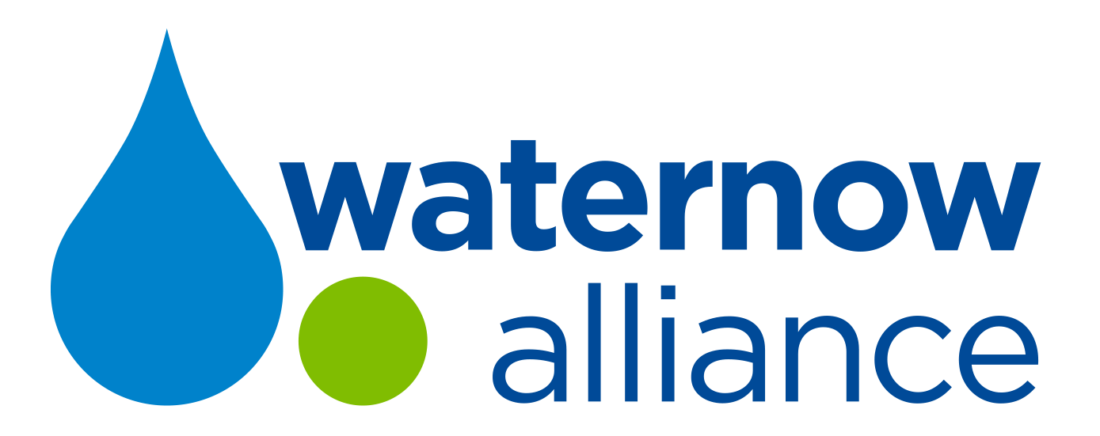On January 28, 2019, California State Senator Scott Wiener (D), together with Senators Glazer (D) and Stone (R) and Assembly Member Voepel (R), introduced Senate Bill 166—a bipartisan bill aimed at clearing the path for California breweries and wineries to conserve massive amounts of water and save money in the process. Today, on average, it takes five to seven gallons of water to produce one gallon of beer or wine. In 2016, California craft breweries alone produced 3,295,221 barrels of beer amounting to roughly 313 acre-feet of water. (There are about 31 gallons in a barrel of beer.) Over 17 million gallons of wine

Because these industries are water-intensive, there is great opportunity to make more efficient use of all water resources. As a result, many breweries and wineries are seeking guidance from state policymakers on how they can better reuse their “process water” generated onsite for both potable and non-potable applications. Reusing process water not only cuts potable water consumption, reducing demand on the local water
Yet, currently there are no uniform health and safety standards in California for breweries and wineries to reuse their process water onsite, making the existing case-by-case administrative procedure to do so difficult and expensive. SB 166 would help eliminate this barrier by standardizing health and safety requirements for reusing process water at breweries and wineries statewide. In particular, the bill would require that the State Water Resources Control Board in consultation with State Department of Public Health – Food and Drug Branch adopt regulations for microbiological, chemical, and physical water quality and treatment requirements for the onsite treatment and reuse of process water in breweries and wineries by December 2025.
This guidance is especially important given that in May 2018 California set its most recent water efficiency requirements now providing, in part, that urban water agencies meet local water budgets for their services areas and set performance measures for local industry. By establishing guidance for California breweries and wineries on how they can better reuse process water, SB 166 is a great step forward as water providers work to meet these new requirements and move towards even more efficient use of all of our State’s water resources. This bill will also provide a basis for state and local leaders, as well as local water agencies, to work with beverage industry leaders that are rising to the challenge of more efficient water use and connect innovators to solutions. These types of partnerships are an important part of securing California’s water future, which will rely on the widespread adoption of the type of localized, onsite strategies fostered by SB 166.
And WaterNow is no stranger to water-efficient beer making. In 2017, we partnered on the AZ Pure Water Brew Challenge—a statewide public outreach campaign to better inform Arizonans about technologies currently available to purify recycled wastewater producing safe, high-quality drinking water. This extremely successful campaign helped citizens understand and accept water reuse.
Solutions like this aimed at advancing resilient water systems and maintaining accessible clean water for everyone are at the center of WaterNow’s Tap into Resilience campaign. Tap into Resilience is focusing on how to support communities, businesses, and individuals accelerating adoption of innovative sustainable water strategies. We are encouraged that SB 166 will move California in this direction and is an example for others across the country facing similar challenges.

